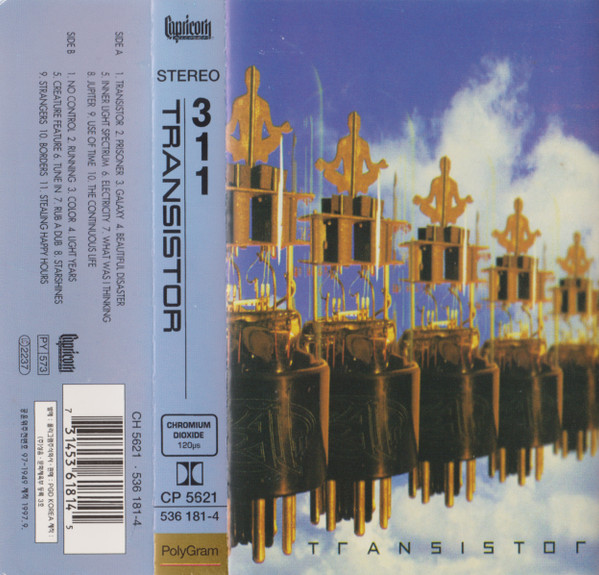

The Marking Rules are distinct from the rules of origin that are used to determine whether a good is originating under Article 401 of the Agreement. The Marking Rules established by the United States are set forth in 19 CFR Part 102 which are used to determine the country of origin. Paragraph 1 of Annex 311 of the NAFTA provides that the NAFTA parties shall establish "Marking Rules" to determine when a good is a good of a NAFTA country. shall be marked with its country of origin. 1304) requires that, unless excepted, every article of foreign origin (or its container) imported into the U.S. In the United States, the marking statute, Section 304, Tariff Act of 1930, as amended (19 U.S.C. The NAFTA provides that Canada, Mexico and the United States write specific rules defining "country of origin". Increasingly, however, goods are processed in multiple countries using both domestic and foreign materials, thereby complicating the determination of the country of origin. It’s found in the bottom right-hand corner of an album or single.For goods made in one country with no foreign inputs, determination of the country of origin is easy-it is the country of production. The phrase Parental Advisory: Explicit Content is commonly seen on CD cases and digital-music platforms like iTunes.

The Parental Advisory label was applied to digital-music vendors like Spotify and iTunes in 2011, the same year the label was adopted by the the British Phonographic Industry (BPI). Other artists have contended that the Parental Advisory label, counterintuitively, entices young people to access explicit music, given the allure of the taboo. Critics characterize it as government censorship, and it was also blamed by some for low album sales. Several musicians, notably including Frank Zappa, have decried the implementation and use of the Parental Advisory label. With “Explicit Lyrics” changed to “Explicit Content” in 1996, the RIAA calls the advisory its Parental Advisory Label ( PAL) program and owns a trademark on the PAL sticker, or marker.

The t-shirt was worn in the 1992 film White Men Can’t Jump. Soon after, t-shirts with the Parental Advisory label and graphic became popular in the early ’90s as a way to show rebellion and make fun of conservatives. The ruling was overturned, but it led to two versions of the album: the clean and the uncensored with the Parental Advisory label.

They were even arrested when they performed the songs afterward. In 1990, the group 2 Live Crew’s album As Nasty as They Wanna Be was declared illegal by a federal district judge. While sorting this process out, there was one minor hiccup. So, musicians started creating clean versions to their albums, similar to radio edits of songs. After much debate, the now-standard black and white Parental Advisory: Explicit Lyrics label was introduced in the 1990s as a notice to parents that the content may feature strong language or deal with themes of sex, violence, or substance abuse and may not be suitable for younger listeners.Īlbums with this label were unable to be sold in certain “family” stores, such as Walmart. Their efforts resulted in a US Senate hearing on the matter in 1985. The PMRC lobbied the head of the Recording Industry Association of America (RIAA) and dozens of record labels. They also leveled complaints against artists like Frank Zappa and Prince-whose “Darling Nikki,” referencing masturbation, was especially targeted as it reportedly prompted Gore to co-found the cause after she bought a copy for her daughter. The PRMC was led by several prominent women with connections in Washington, including then-future Second Lady of the United States, Mary “Tipper” Gore.įounding members of the PMRC were disturbed by sexually suggestive lyrics in Madonna’s “Like a Virgin” after its release in 1984. The Parental Advisory label was started by a political group in the 1980s called the Parents Music Resource Center (PMRC).


 0 kommentar(er)
0 kommentar(er)
